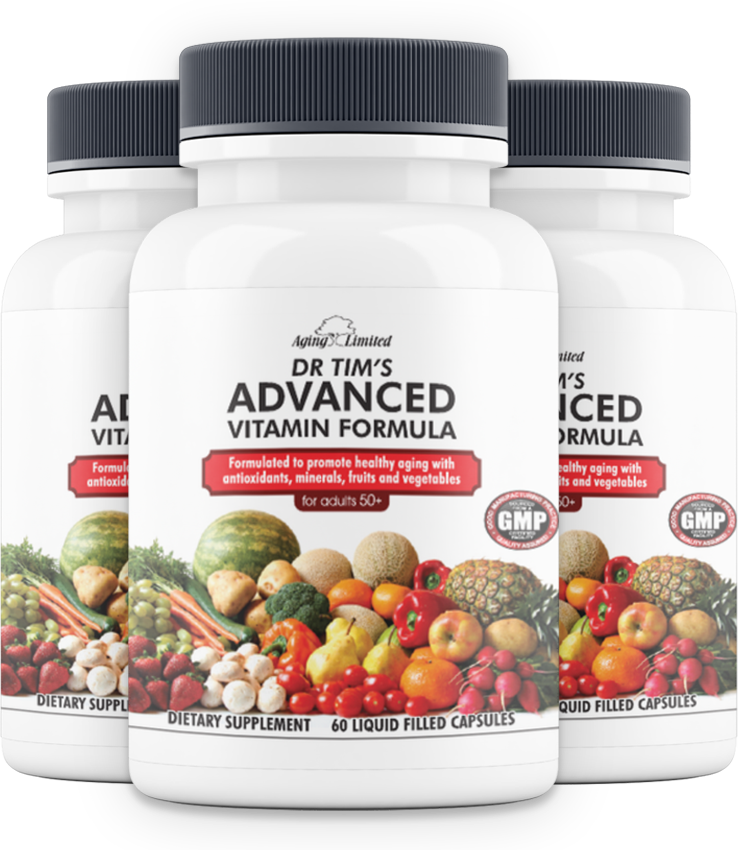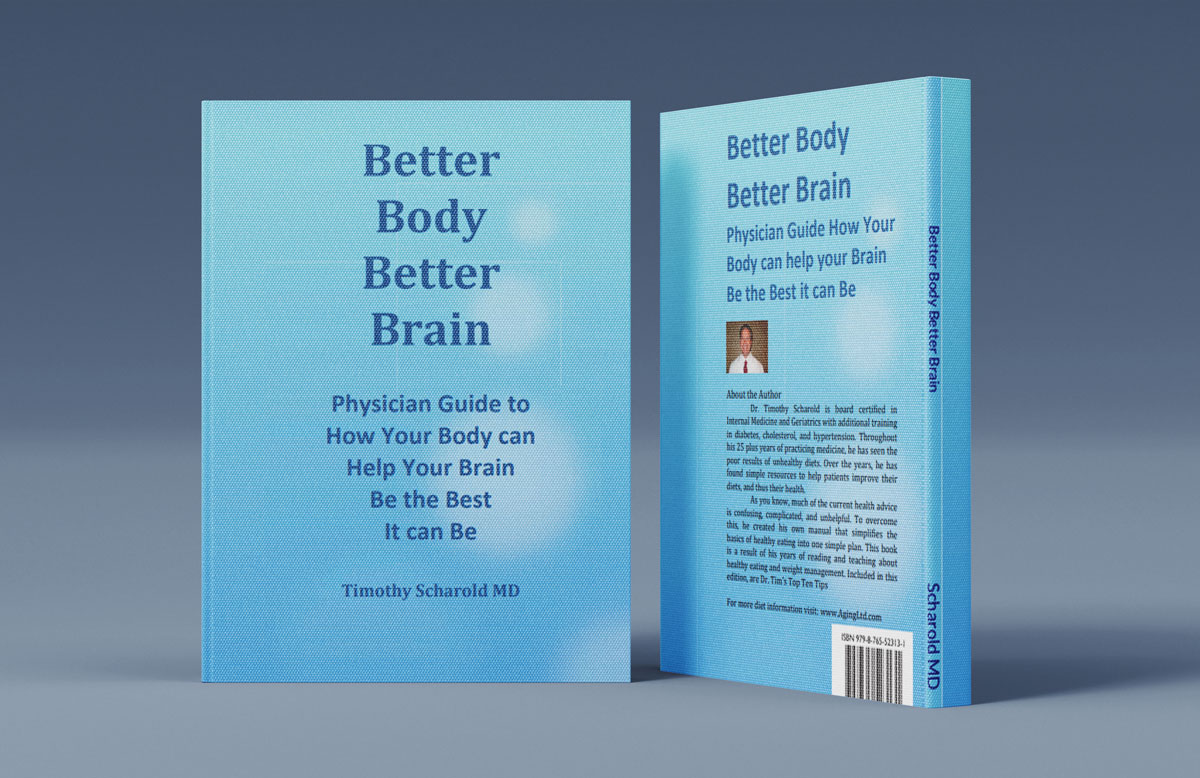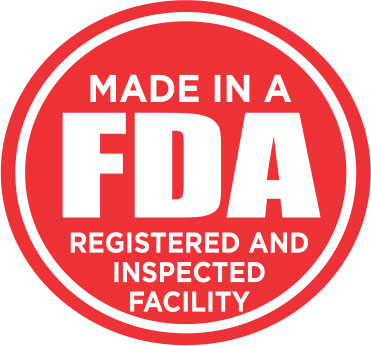I will say I take one and believe it is the best all around easy “safety blanket” to be sure you are getting the nutrients you need to be healthy.
There are variable studies on “proven” benefit. Yet, it seems every month another study comes out with evidence of reduction in cancers, dementia, and inflammation.
Whether you need to take a multivitamin depends on various factors, including your overall health, diet, lifestyle, and any specific nutritional deficiencies you may have. Here are some considerations to help you determine whether taking a multivitamin is necessary for you:
- Dietary Habits: If you have a well-balanced diet that includes a variety of fruits, vegetables, whole grains, lean proteins, and dairy or dairy alternatives, you may be getting most of the essential vitamins and minerals from your food. However, if your diet is limited or lacks diversity, a multivitamin could be beneficial.
- Specific Nutrient Needs: Certain populations, such as pregnant women, older adults, vegetarians or vegans, and individuals with specific medical conditions, may have increased nutrient needs. In such cases, a healthcare professional may recommend targeted supplementation based on individual requirements.
- Health Conditions: Some medical conditions or medications may affect nutrient absorption or increase the body’s demand for certain vitamins and minerals. If you have specific health concerns, consult with a healthcare provider to determine if supplementation is necessary.
- Age and Gender: Different life stages and genders have varying nutrient requirements. For example, women of childbearing age may need more folate, and older adults may require more vitamin D. Multivitamins formulated for specific age groups and genders can address these differences.
- Lifestyle Factors: Individuals with certain dietary restrictions (e.g., vegetarian or vegan diets) or limited sun exposure (which affects vitamin D synthesis) may benefit from targeted supplementation.
It’s important to note that while multivitamins can be a convenient way to fill potential nutrient gaps, they are not a substitute for a healthy diet. Additionally, excessive intake of certain vitamins and minerals can have adverse effects. Before starting any new supplement, including a multivitamin, it’s advisable to consult with a healthcare professional who can assess your individual needs and provide personalized recommendations. They can help determine whether supplementation is necessary and guide you on the appropriate dosage.
I take my own vitamin formula and feel good about it. I simple suggest you to give it a try too. Dr Tim




